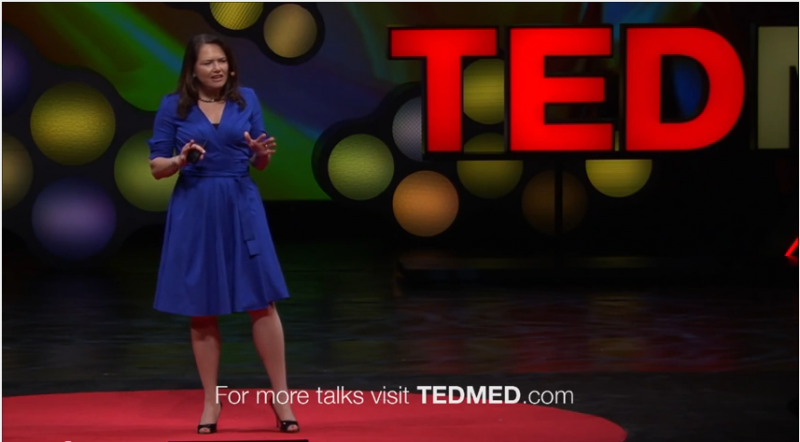Laura Arnold: The Four Most Dangerous Words? A New Study Shows
Laura Arnold is Co-Chair of the Laura and John Arnold Foundation (LJAF), a foundation that promotes evidence-based policy implementation on issues ranging from research to education. The LJAF, like CUE, supports the AllTrials movement, an international project for open clinical data sharing. Ms. Arnold debunks many popular beliefs espoused by the public and the media by revealing the glaring lack of high quality evidence that supports them. She uses this as a springboard to describe how poorly conducted research can lead to policy with far-reaching negative consequences.
Dr. Abernethy, a specialist in oncology and palliative care, describes her experiences in clinical trials and the desire she sees in patients to have their data used in a way which is meaningful, to be treated as "a treasure". She advocates for the consultation of trial participants to determine how they see their information contributing to medicine, as well as searching for ways to re-purpose data from discontinued trials, rather than casting it aside.
Dr. Abernethy spoke on the same topic in 2013 at ScienceOnline, in a lecture available here.
 Gordon Guyatt: Is Canadian Health Care Unsustainable?
Gordon Guyatt: Is Canadian Health Care Unsustainable?
Dr. Guyatt, a pioneer in the field of evidence-based medicine, discusses the current state of Canada's universal public health system, analyzing its burden on the country's finances in comparison with public health expenditures in other nations.
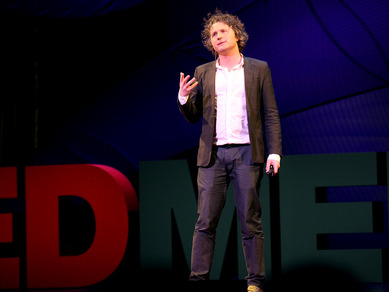 Ben Goldacre: What doctors don't know about the drugs they prescribe
Ben Goldacre: What doctors don't know about the drugs they prescribe
When a new drug gets tested, the results of the trials should be published for the rest of the medical world -- except much of the time, negative or inconclusive findings go unreported, leaving doctors and researchers in the dark. In this impassioned talk, Ben Goldacre explains why these unreported instances of negative data are especially misleading and dangerous.
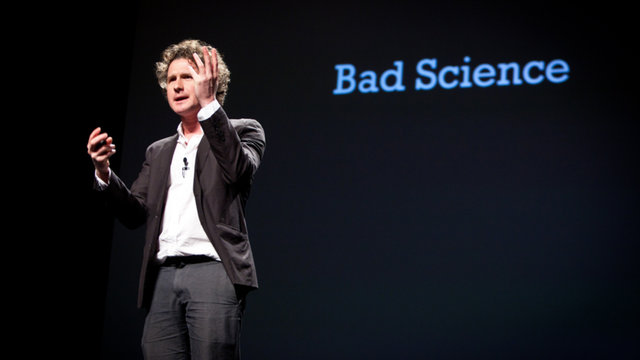 Ben Goldacre: Battling Bad Science
Ben Goldacre: Battling Bad Science
Every day there are news reports of new health advice, but how can you know if they're right? Doctor and epidemiologist Ben Goldacre shows us, at high speed, the ways evidence can be distorted, from the blindingly obvious nutrition claims to the very subtle tricks of the pharmaceutical industry.
Teaching science by bad example: Q&A with Ben Goldacre
TED’s Ben Lillie speaks with Ben Goldacre about how to read newspapers, the power of the placebo effect, and how people really want to learn if given the chance.
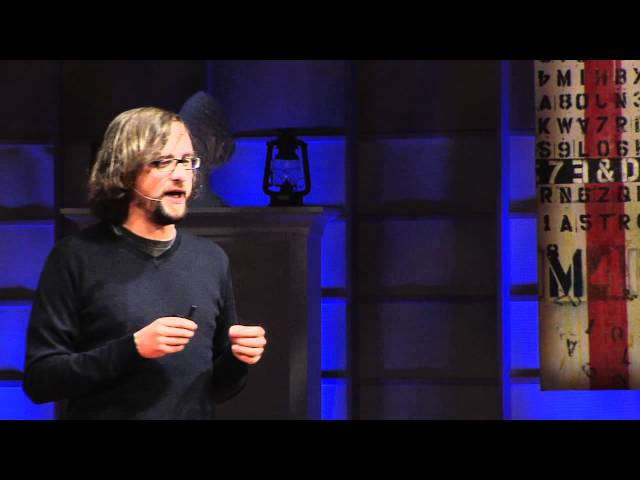 Jer Thorp: Make Data More Human
Jer Thorp: Make Data More Human
Jer Thorp creates beautiful data visualizations to put abstract data into a human context.
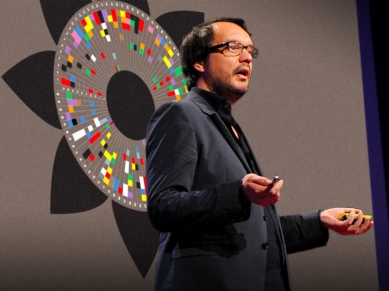 David McCandless: The Beauty of Data Visualization
David McCandless: The Beauty of Data Visualization
David McCandless turns complex data sets into beautiful, simple diagrams that tease out unseen patterns and connections.

